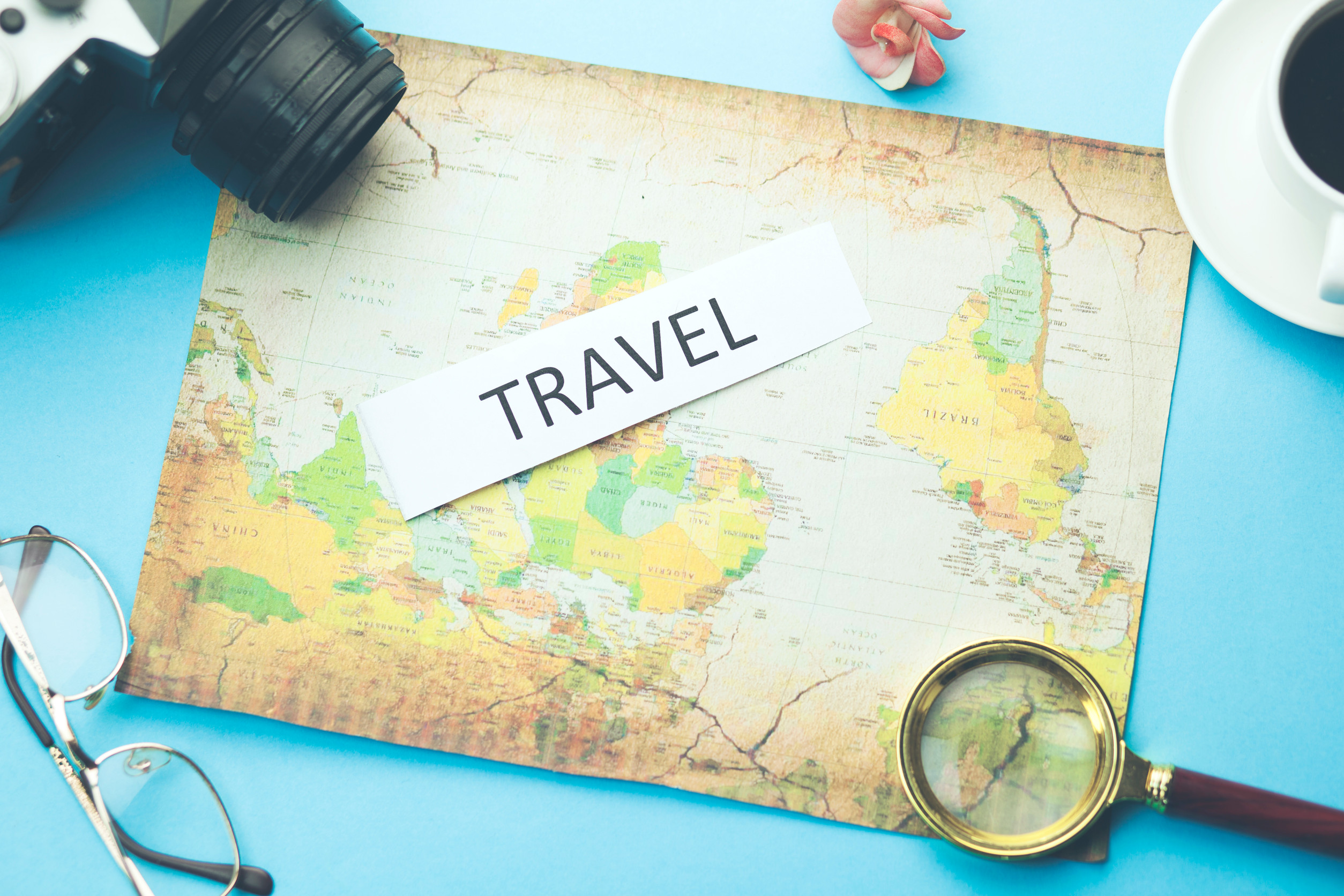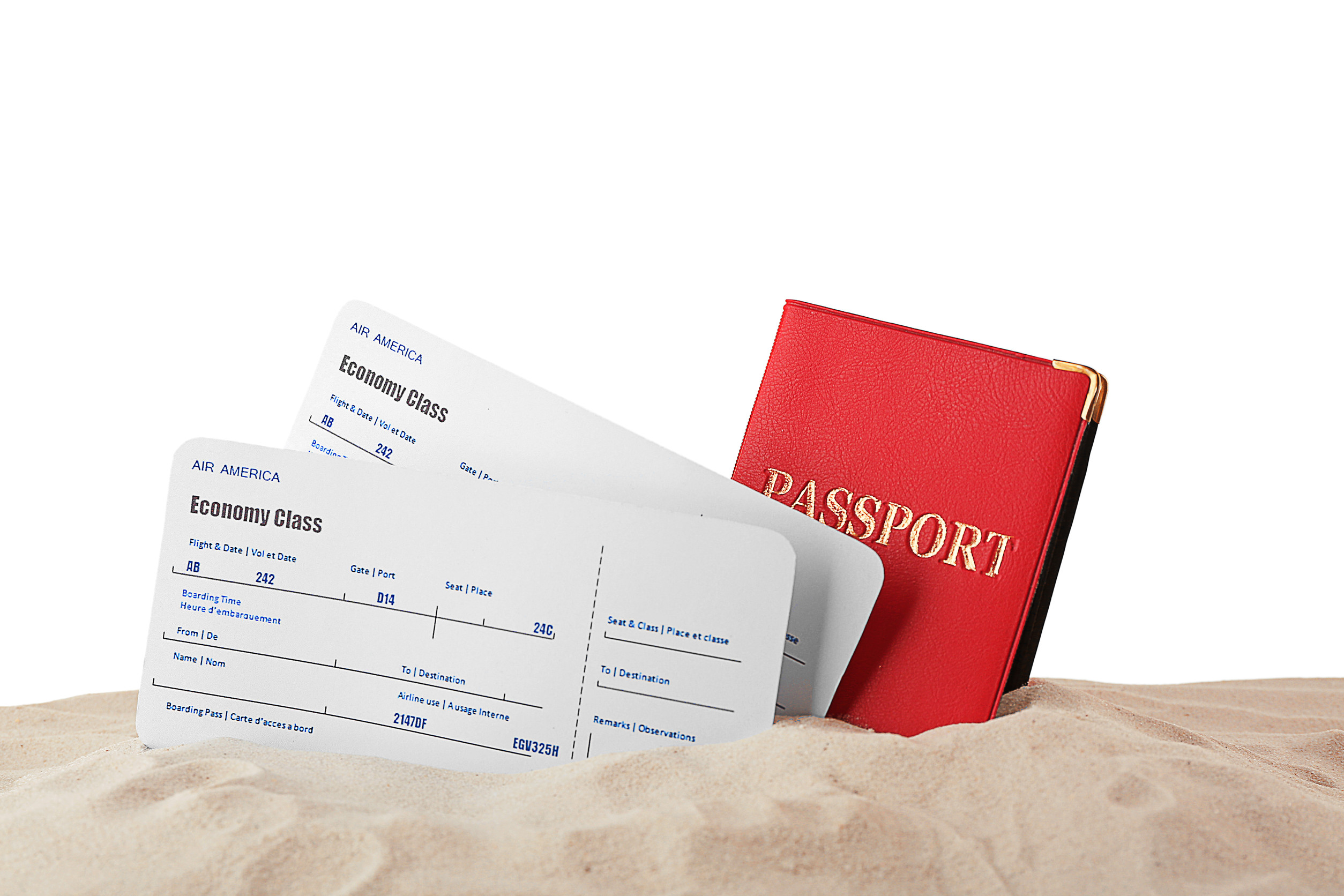
Laos, known for its breathtaking landscapes, rich cultural heritage, and tranquil atmosphere, is a popular destination for travelers seeking an off-the-beaten-path experience in Southeast Asia. While Laos offers a safe and welcoming environment for tourists, it’s important to take certain precautions to ensure your trip is both enjoyable and safe. This comprehensive guide will cover essential safety tips for travelers heading to Laos. When traveling to Laos, prioritize safety by avoiding remote areas after dark, respecting local customs, and staying cautious with food and water. Secure your Laos visa online for a hassle-free journey!
Research and Understand Local Customs and Laws
Before you travel to Laos, it’s important to familiarize yourself with the country’s cultural norms and laws. Laos is a predominantly Buddhist country, and respect for local customs is highly valued. Always dress modestly, especially when visiting temples or religious sites. Keep in mind that public displays of affection, such as kissing, are frowned upon in public spaces.
Laws in Laos can be strict, especially concerning drug use. The penalties for drug possession are severe, including long prison sentences or even the death penalty. Avoid engaging in illegal activities to ensure your safety.
Health Precautions: Vaccinations and Hygiene

Before traveling to Laos, it's advisable to visit a healthcare provider to check if you need any vaccinations. Common vaccines for travelers to Laos include Hepatitis A and B, Typhoid, and Tetanus. It's also recommended to take malaria prophylaxis, especially if you're traveling to rural areas or regions with a high malaria risk.
For general health and hygiene, it’s crucial to:
- Drink bottled water to avoid waterborne diseases. Avoid tap water, even for brushing your teeth.
- Use insect repellent to protect yourself from mosquitoes, which can carry diseases like malaria and dengue fever.
- Wash your hands regularly or use hand sanitizer to prevent foodborne illnesses.
Why It’s a Must to Have Travel Insurance as a Tourist
Investing in comprehensive travel insurance is essential when visiting Laos. A good policy should cover medical emergencies, trip cancellations, lost baggage, and accidents. Laos has limited medical facilities outside of major cities like Vientiane and Luang Prabang, so it's advisable to have insurance that includes medical evacuation in case of serious injury or illness.
Staying Safe in Remote Areas as a Traveler
Laos is known for its natural beauty, including its lush jungles, mountains, and waterfalls. Many travelers opt to explore remote villages and national parks, but safety in these areas requires some extra caution:
- Hire local guides if you’re trekking or visiting unfamiliar regions.
- Inform someone about your travel plans, including where you're going and when you expect to return.
- Make sure to carry enough water, food, and a fully charged phone when venturing into the wilderness.
Additionally, some areas of Laos, particularly near the borders with neighboring countries, may have unexploded ordnance (UXO) remnants from past conflicts. Stick to well-traveled routes and heed any warning signs.
Avoid Common Scams While You’re on Your Trip
While Laos is generally safe, tourists can sometimes fall victim to scams. Here are a few common scams and how to avoid them:
- Transport Scams: Some taxi and tuk-tuk drivers may try to overcharge tourists. Always agree on the fare before starting the ride or use reputable ride-hailing apps where available.
- Money Exchange Scams: Only exchange money at official currency exchange offices or banks to avoid counterfeit notes or bad rates.
- Tourist Attraction Scams: Be cautious of overly persistent vendors or guides offering services at inflated prices. Always research your destinations beforehand.
Watch out for Traffic Safety in Laos Roads
Laos’ road infrastructure may not be as developed as in some other countries, and traffic can be chaotic, especially in larger cities. Here are some tips to stay safe on the roads:
- Wear a helmet when riding a motorbike or bicycle.
- Be cautious while crossing the street, as traffic rules may not always be followed.
- If renting a vehicle, ensure it is in good condition and take note of local driving conditions. Many roads, especially in rural areas, can be poorly lit or poorly maintained.
- If you plan to drive, make sure you have an international driving permit (IDP) or a Lao driver’s license.
Cultural Etiquette: Respect and Mindfulness
Laos is a country steeped in tradition and religious practices. Here are some important cultural norms to keep in mind to stay respectful and safe:
- Temples and Religious Sites: Always remove your shoes when entering a temple or someone’s home. Dress modestly by covering your shoulders and knees.
- Respecting the Buddha: Never touch or point your feet toward a Buddha statue or image. The head is considered the most sacred part of the body, so avoid patting someone’s head.
- Monks and Offerings: If you wish to offer food to a monk, do so respectfully. Women should never touch a monk, as physical contact is prohibited.
Staying Connected and Safe While in Laos
While traveling in Laos, staying connected is essential, especially for safety reasons. Here’s how you can stay safe while remaining connected:
- SIM Card and Wi-Fi: Upon arrival, you can easily buy a local SIM card for affordable data. Many cafes, restaurants, and hotels offer Wi-Fi, but it’s always a good idea to keep a backup plan in case of connection issues.
- Emergency Numbers: Save the local emergency contact numbers in your phone. The general emergency number in Laos is 119.
Food and Water Safety in Laos
Laos is home to some delicious food, but travelers should exercise caution to avoid foodborne illnesses. Street food can be a highlight of the experience, but make sure to:
- Eat food that is freshly cooked and served hot.
- Avoid raw or undercooked meat, seafood, or eggs.
- Stick to bottled water and avoid ice, which may have been made from unclean water.
Dealing with Lost or Stolen Documents

If your passport or other important documents are lost or stolen while in Laos, here’s what you should do:
- Report the Loss: Immediately report the loss to the local police and obtain a police report.
- Contact Your Embassy: Reach out to your embassy to apply for a replacement passport. Many embassies in Vientiane, the capital, can assist with emergency travel documents.
- Monitor Your Credit: If your credit cards or personal documents are stolen, notify your bank or credit card company immediately.
Keep Copies of Important Documents
It’s always a good idea to have copies of your passport, visa, insurance, and other important documents. Keep a digital copy on your phone or in cloud storage, and also have physical copies stored separately from the originals. This will be invaluable if your documents are lost or stolen.
Keep an Eye on the Weather
Laos has a tropical climate, with the rainy season running from May to October. Floods, landslides, and other weather-related issues can disrupt travel plans. If traveling during the rainy season:
- Always check the weather forecast before heading out.
- Avoid traveling to flood-prone areas and mountainous regions during heavy rains.
- Wear appropriate footwear and clothing to deal with muddy conditions.
Conclusion
By taking these safety precautions, you can ensure a smooth and enjoyable trip to Laos. While Laos is a generally safe and peaceful destination, it’s always best to be prepared and aware of your surroundings. Whether you’re exploring ancient temples, trekking through the jungle, or simply enjoying the hospitality of the Lao people, staying safe will help you fully experience all that this beautiful country has to offer.
Disclaimer: This guide is for informational purposes only, and though the best most updated suggestions are provided, travel conditions or requirements for safety might change. It's always best to check with the current situation of relevant embassies or a travel agency before you go.
Steps To Secure Your eVisa for Laos
-
Step1: Fill out the online eVisa application by providing your passport details.
-
Step2: Make the payment online using a credit / debit card.
-
Step3: Check your email for the payment confirmation and the electronic delivery of your visa.
